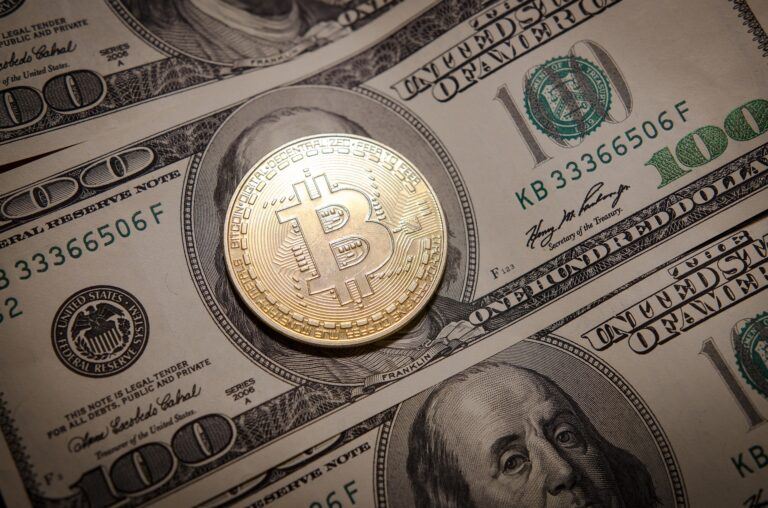Bitcoin ATMs have emerged as a convenient way for individuals to buy or sell cryptocurrency, but they have also become a prime target for hackers and scammers, according to a report CNBC published on September 8. While these machines operate similarly to traditional ATMs, the significant value of cryptocurrencies makes them attractive to cybercriminals, who can exploit both physical and digital vulnerabilities.
As Timothy Bates, a cybersecurity professor at the University of Michigan, explained to CNBC, these machines are especially prone to hacking due to their sometimes outdated security measures. Bates noted that many Bitcoin ATMs are susceptible to malware attacks that allow hackers to steal private keys or manipulate transactions. Additionally, weaknesses in network security can apparently enable criminals to intercept communications between the ATM and its server, potentially leading to data theft.
The CNBC report went on to say that the Federal Trade Commission (FTC) has sounded the alarm on this growing threat, with a reported 1,000% increase in Bitcoin ATM-related scams since 2020. Joe Dobson, a principal analyst at cybersecurity firm Mandiant, told CNBC that these scams are exacerbated by the decentralized nature of bitcoin, making it difficult to trace or recover stolen funds once a transaction is completed.
Bitcoin ATMs also introduce new risks that are not found in their cash-based counterparts. Many of these machines require users to input personal information, including IDs or Social Security numbers, to comply with Know Your Customer (KYC) regulations. As Alice Frei from Outset PR told CNBC, this data could be at risk if the ATM is compromised, and criminals often exploit cryptocurrency’s anonymity to move funds undetected.
In Ohio, a local convenience store owner, Sai Patel, recounted to CNBC how he prevented an elderly customer from falling victim to a scam. The woman, convinced by a fraudster posing as Elon Musk, nearly deposited her life savings into a Bitcoin ATM, believing it to be a legitimate investment. Patel stepped in just in time to stop the transaction and save her money.
Frei added that users should be cautious and avoid sending cryptocurrency to unknown wallets. Platforms like Chainabuse can help verify the legitimacy of a transaction by checking the risk score of a recipient’s wallet. With over 8,000 ATMs, Bitcoin Depot is the largest operator of bitcoin ATMs in the U.S. Its CEO, Brandon Mintz, assured CNBC that their machines are designed to deter hackers, though he acknowledged that users must remain vigilant against scams.
Featured Image via Pixabay









